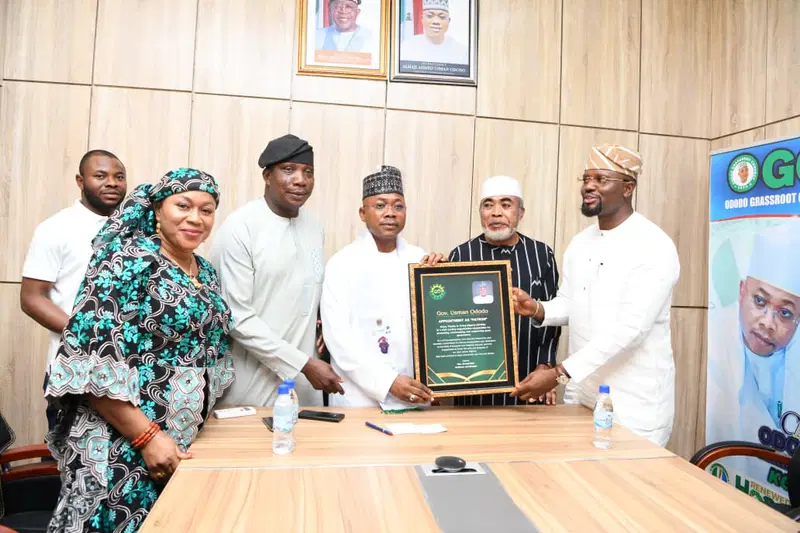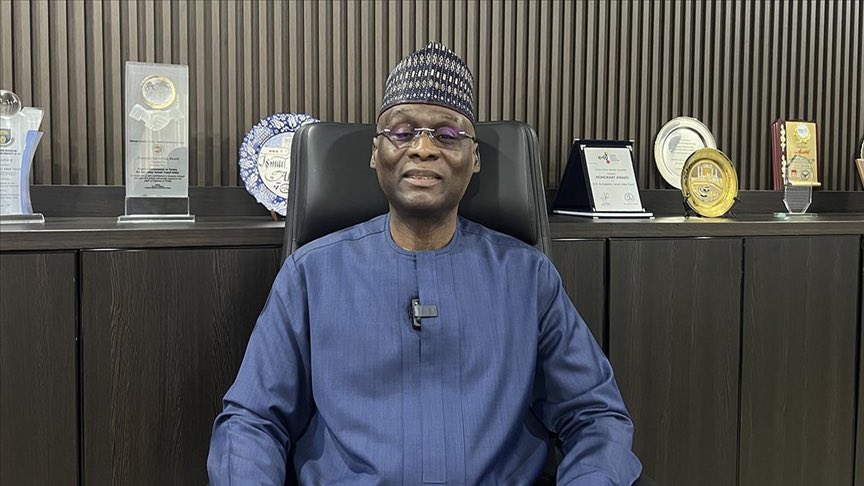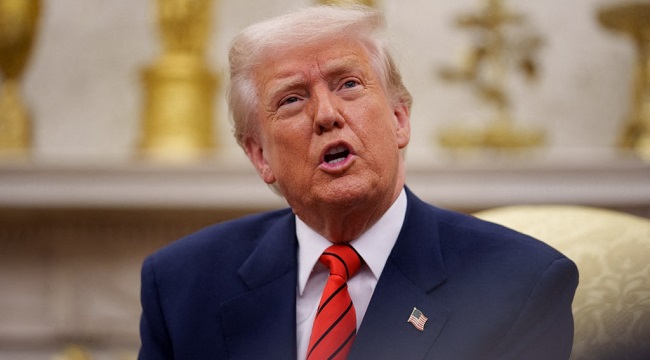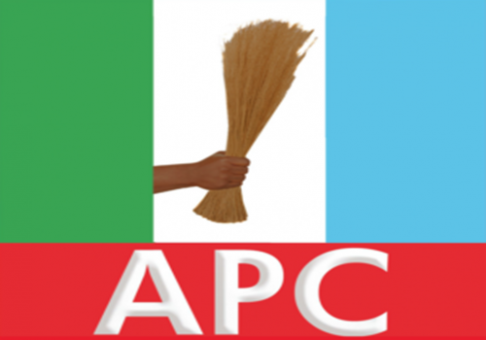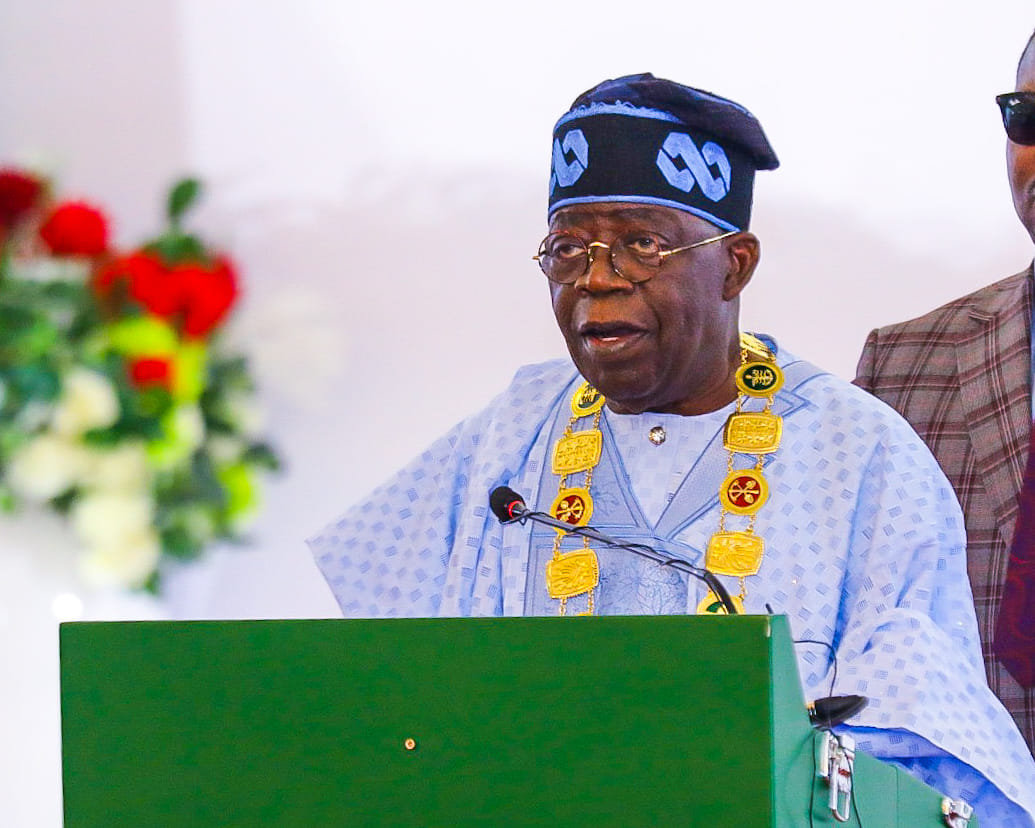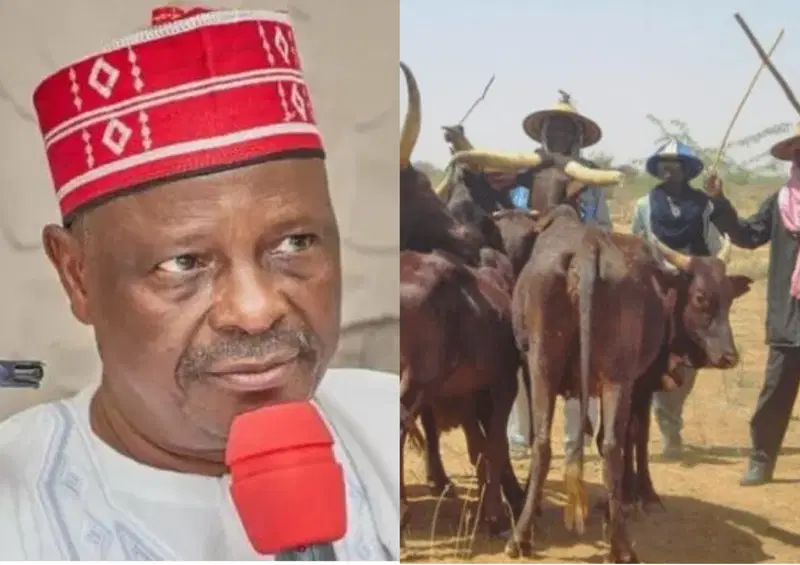Feature
CSOs call for timely vaccine funding to boost immunisation efforts
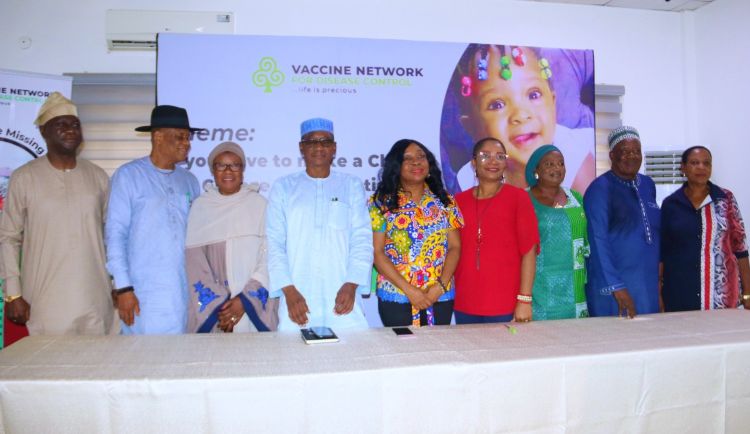
A coalition of Civil Society Organisations (CSOs) and health sector stakeholders has urged all levels of government in Nigeria to prioritise timely and adequate funding for immunisation programmes as a critical step towards reducing child mortality.
Speaking at a press conference in Abuja, Chief Executive Officer of the Vaccine Network for Disease Control, Mrs Chika Offor, raised concern that Nigeria currently accounts for 30 per cent of the world’s zero-dose children, children who have not received a single dose of any vaccine.
Addressing the theme “If You Have to Make a Choice, Choose Immunisation!”, Mrs Offor stressed the urgent need for sustainable and prompt financing for vaccine delivery. She warned that delays in funding could reverse hard-won public health achievements.
She commended President Bola Ahmed Tinubu for the release of all outstanding vaccine funds for 2022 and 2023, as well as 25 per cent of the 2025 allocation. However, she appealed to the Ministers of Finance and Budget to urgently release the remaining ₦108 billion earmarked for 2024 and ensure full disbursement of the ₦231.7 billion allocated for 2025.
“We appreciate the National Assembly’s consistent support for domestic vaccine financing and oversight to ensure efficient use of immunisation funds,” she said. “We also commend Professor Muhammad Ali Pate, the Coordinating Minister of Health and Social Welfare, for prioritising immunisation through the MAMIH strategy of the NPHCDA, aimed at strengthening primary healthcare services nationwide.”
Also present at the event, former Deputy Chairman of the House Committee on Healthcare Services, Mr Muhammad Usman, expressed concern over delayed releases of vaccine funds, noting that without timely disbursement, increased budgetary allocations alone would be ineffective.
“It’s not enough to increase the budget. If the funds are not released on time, our children will continue to suffer the consequences,” he warned.
On his part, the Country Coordinator of the Global Health Advocacy Incubator, Professor Emmanuel Alhassan, underscored the economic and health benefits of immunisation. He emphasised the need to strengthen domestic financing mechanisms in order to reduce dependency on donor funding and achieve long-term health sustainability.
Stakeholders at the event agreed that delays in the release of immunisation funds could lead to vaccine shortages, placing millions of Nigerian children at risk of contracting preventable diseases.
-
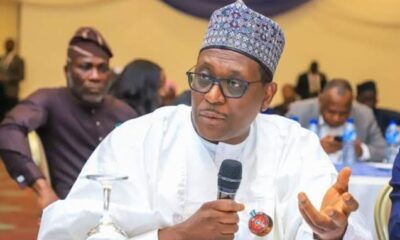
 News2 days ago
News2 days ago2025 Budget: Health Ministry accesses only ₦36m of ₦218bn capital allocation — Pate tells Reps
-

 Metro2 days ago
Metro2 days agoTroops overrun terrorist camp, free 14 abductees in Kogi
-

 News2 days ago
News2 days agoNAHCON Chairman Abdullahi Saleh resigns amid board petition
-

 News2 days ago
News2 days agoNNMG hails FG’s Renewed Hope Development Plan as turning point for economic growth
-
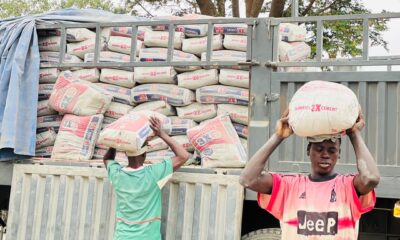
 NUJ FCT2 days ago
NUJ FCT2 days agoBespoke Urban Luxury Ltd donates 600 Bags of Cement to boost NUJ FCT Ultramodern Congress Hall project (VIDEO)
-
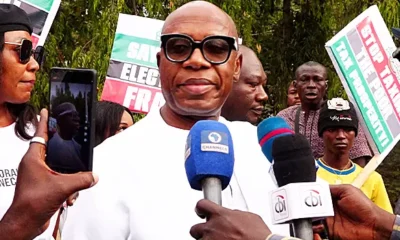
 National News2 days ago
National News2 days agoVideo: Amaechi joins NASS protest demanding mandatory transmission of election results
-

 NUJ FCT18 hours ago
NUJ FCT18 hours agoNUJ FCT partners Centre LSD on capacity building, mentorship
-

 World News2 days ago
World News2 days agoTrade tensions rise as Trump moves to halt opening of Canada–US Bridge


